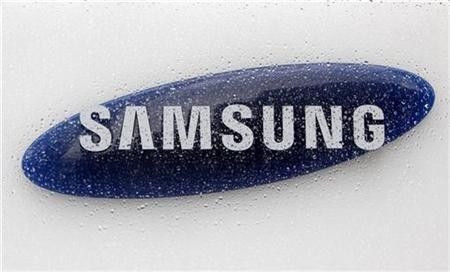Samsung To Cut Down Smartphone Production By 30% In 2015

In the last quarter, Samsung suffered a loss of 49 percent. Still, Samsung's flagship model, the Galaxy Note 4, is doing pretty well and is good enough to rival the Apple's phablet, the iPhone 6 Plus. However, there are many other smartphones from different Chinese manufacturers like Xiaomi, Meizu, Oppo, OnePlus and Huawei. According to Robert Yi who is leading the investors relation for Samsung, in order to overcome the present crisis situation, the South Korean tech giant is planning to cut down on its smartphone lineup by 25 to 30 percent in 2015.
According to PC World, the only two Samsung models that are doing pretty well in the market today are Galaxy S5 and the Galaxy Note 4. While competitor brands have focused on launching a few polished smartphones and tablets into the market, Samsung has reportedly flooded the market with a confusing number of products. Samsung enjoyed huge profits year after yer since 2012, but the last quarter results have been dismal. The Wall Street Journal claims that the company will be shifting its focus toward low-end products and at the same time balance its business by manufacturing superior smartphones.
In 2014, the South Korean tech giant has released 56 handsets. Apart from the well-known models like Galaxy Note 4, Galaxy S5 and Galaxy A models, there are many other lesser-known smartphones such as Galaxy Core II, Galaxy Grand Neo, Galaxy V, Galaxy S Dous 3, Galaxy Mega 2, Galaxy Ace 4, and so on. There are six variants of Galaxy S5 and Samsung also has a niche model such as the Galaxy K Zoom, which is quite expensive to manufacture.
One of the reasons why Samsung is cutting down the number of handset it manufactures is that it wants to stay ahead of Chinese Android OEMs. Companies like ZTE, Huawei and other Chinese brands are now focusing their business outside Asian countries and are receiving door reception, states ExtremeTech.
According to ExtremeTech, HTC also has a similar problem. HTC was making good profits in Android ecosystem through its HTC One series smartphones, but when it launched too many handsets in the market, most of them received poor reception from the audience. Now in order to remain afloat, even HTC has resorted to cost-cutting.





















